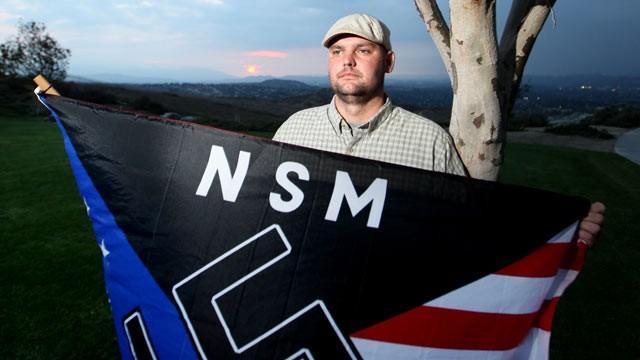Sex trafficking, fraud, forced human labor and murder.
Linda Ann Weston — the woman charged with committing these acts and the ringleader of a group who caged four mentally disabled adults in a small, damp and dark Philadelphia boiler room — is a monster.
I will not pretend this is controversial. However, there is controversy to be found.
At the end of Weston’s long list of charges is the accusation of a hate crime — the first ever levied for crimes against mentally handicapped persons.
Although I doubt it will be difficult to prove this is a hate crime under its current definition, I still do not fully agree with the existence of such charges.
LSU Law professor Ken Levy provided great insight about the nature of hate crime legislation.
Levy said Congress defines a hate crime as a criminal act “in which the defendant’s conduct was motivated by hatred, bias, or prejudice, based on the actual or perceived race, color, religion, national origin, ethnicity, gender, or sexual orientation of another individual or group of individuals.”
This definition differs depending on the statute, he said. Some statutes protect groups not included in Congress’s definition, while other statutes do not protect groups that are.
Weston, for instance, is accused of violating the Matthew Shepard and James Byrd Jr. Hate Crimes Prevention Act, which criminalizes violence motivated by discrimination against the disabled.
My first major objection, and perhaps the most controversial aspect of hate crimes, is that it gives added legal importance to the motivation for a crime.
Levy explained that psychological states like jealousy may be the motivation for a crime, but they must be “funneled” into the legal category of mens rea, the mental aspect that does not alone constitute a crime.
“With hate crimes,” he said, “there is no such ‘funneling.’ In this way, hate crimes uniquely elevate the purely psychological motivation… to the level of a legal category comparable to the other… mens reas.”
But why?
By punishing the motivation, hate crime legislation doesn’t just identify the crime as worse, but, despite itself, insinuates the victim’s life is somehow more valuable.
To a grieving mother or father, the murdered child’s life had immeasurable value — regardless of race, religion or the murderer’s motive.
I understand that certain groups, like the mentally disabled, are more in need of our compassion and protection. Well, what about other vulnerable and neglected groups?
What about women, who are victimized daily?
Even though gender is included in Congress’s definition of a hate crime, and some would argue the Violence Against Women Act is “hate crime” legislation, the Hate Crime Statistics Act does not include crimes against women.
What about children, perhaps society’s most vulnerable?
It seems like severe penalties for crimes against children already safeguard them, making hate crime protection unnecessary. When looking at specifics, though, this isn’t always true.
The Denver Post reported those found guilty of child abuse resulting in death in Denver between 2007 and 2011 received 25 percent shorter prison sentences than those convicted of second-degree murder for killing adults.
There are some quasi-convincing arguments for hate crime legislation, though.
Hate crimes — even when targeting individuals — can be perceived as threats against entire communities, which may, in turn, increase tension, leading to more violence.
Despite this, I would argue that murders always affect entire communities in some manner. Also, in what cases are the tensions likely to be raised and between who?
Is a hate crime going to pit two races against each other? Two religions or nationalities? Or men against women? Disabled vs. able-bodied people? Straights vs. gays? The elderly vs. the young or middle-aged?
Though I’d like to see harsh penalties for Weston or anyone who commits what we define as a hate crime, the statutes themselves are too inconsistent or unjustly value or devalue lives when they seek to punish criminals.
Linda Weston may have renewed my belief in monsters, but I still cannot fully believe in the integrity of hate crime legislation.





